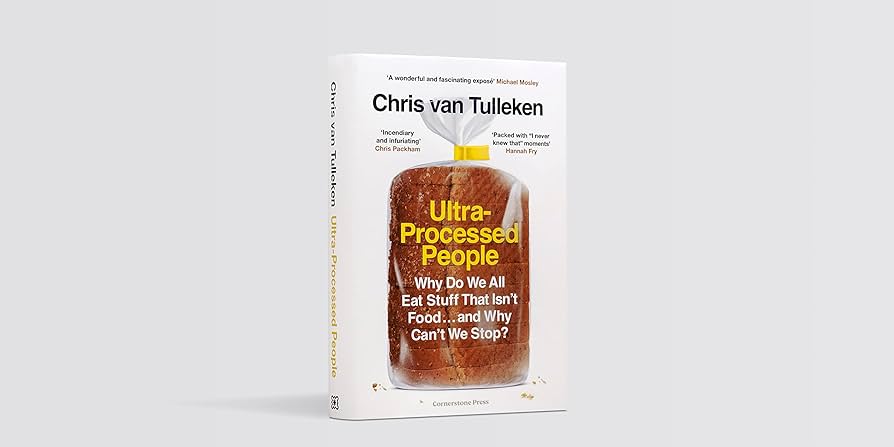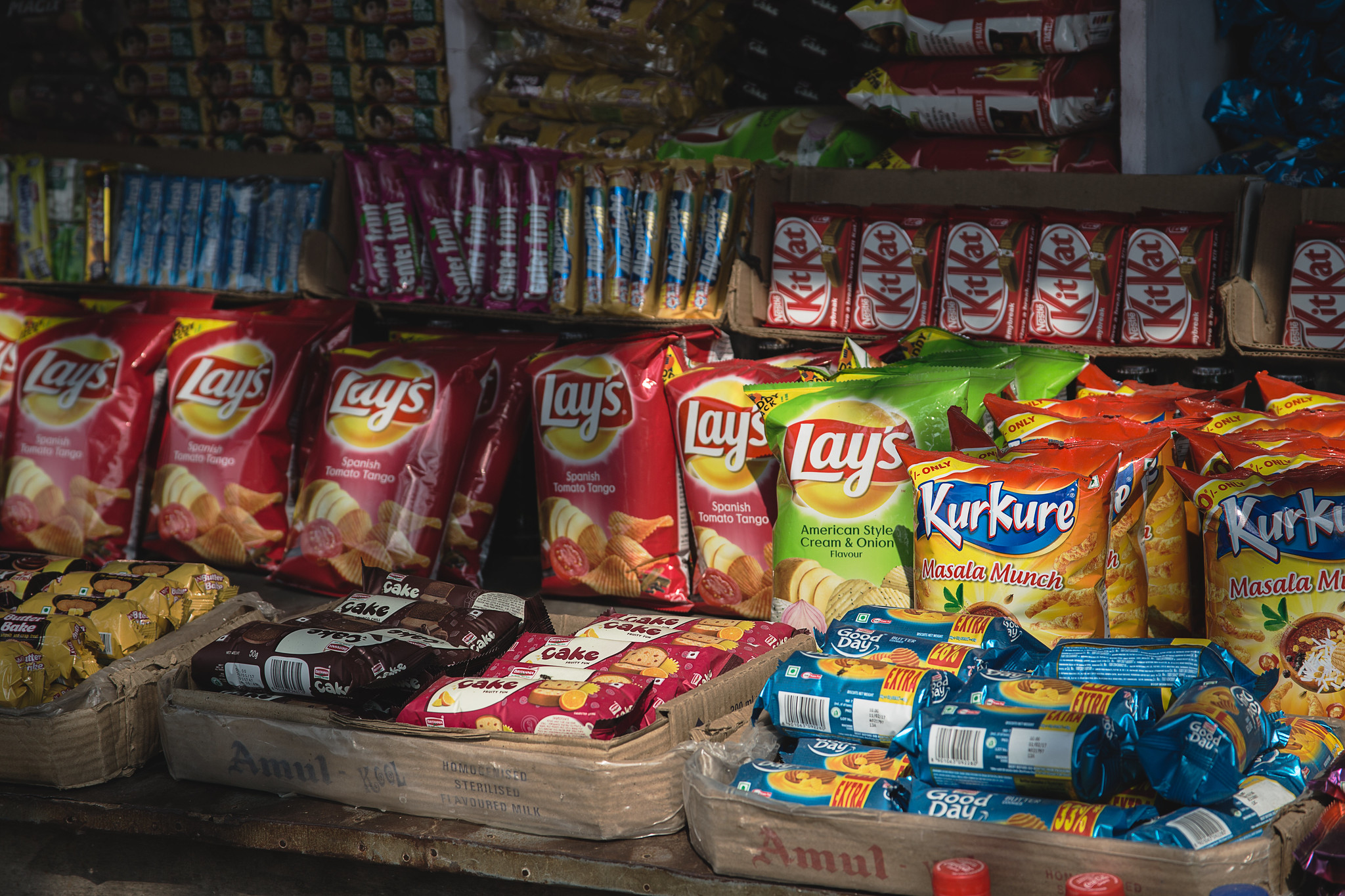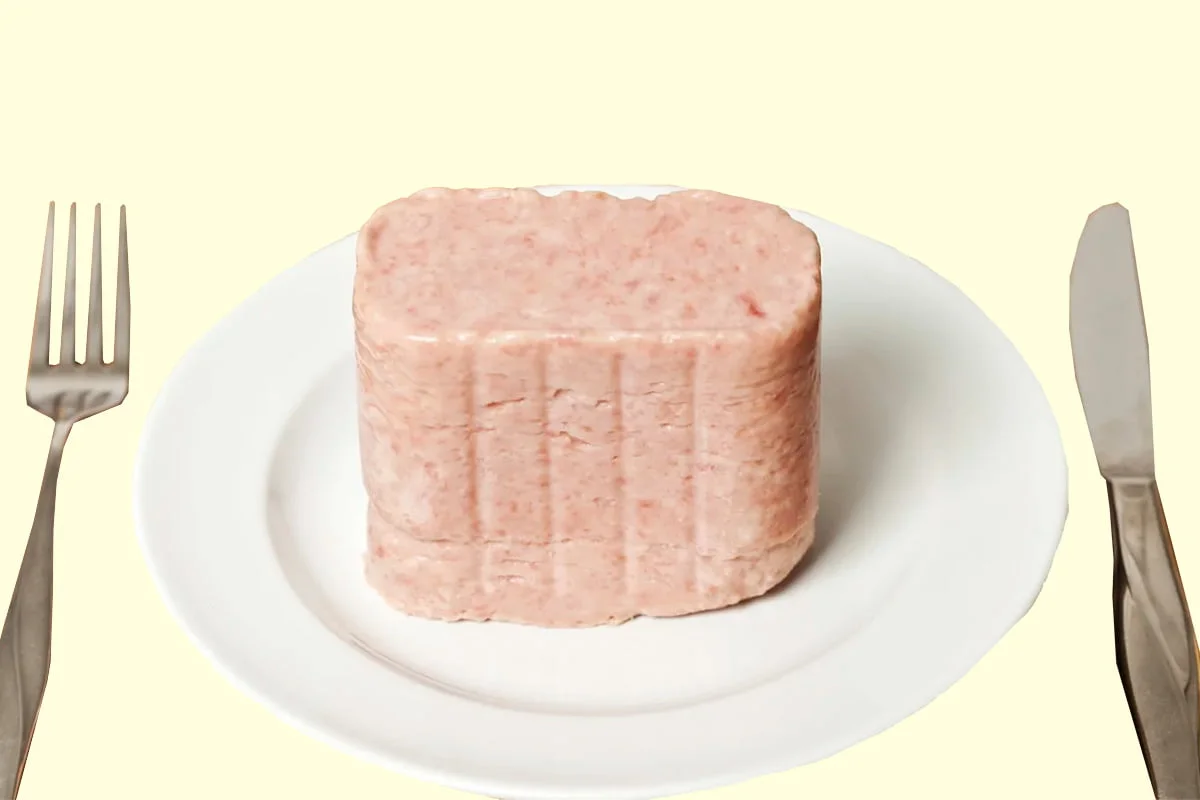Capitalism is polluting the air we breathe, the water we drink and the very food we eat: all in the name of profit. Further evidence of this comes from a review published by the British Medical Journal (BMJ) on 28 February, evaluating the best available research on the effect of ‘ultra-processed food’ (UPF) on our health. This review included 45 studies and almost 10 million participants, and crucially did not include any research funded by the big food companies. The findings are categorical.
The review found that consumption of UPF was linked to a substantially increased risk of at least 32 harmful health outcomes including all-cause mortality, cancer, diabetes, inflammatory bowel diseases and mental health problems. This review confirms what UCL doctor and health researcher, Chris van Tulleken, argued in his book Ultra Processed People (published 2023): the food we eat is making us sick.
In general, the discussion around diet today is a monotonous sermon. From the newspaper columns to the television studios, the problem, we are told, begins and ends with the individual. The root cause of the global nutrition epidemic is boiled down to a lack of will to exercise, a lack of discipline to resist unhealthy snacks, and a lack of intelligence or capacity to teach oneself how to cook and prepare varied meals.
In this stale atmosphere, van Tulleken’s book, Ultra Processed People comes as a breath of fresh air. He puts forward a rigorous materialist analysis of the effect of the capitalist system on both the global food system and human diet.
Using a wide range of research data and interviews, van Tulleken challenges the consensus that humans have just become lazy and greedy.
Instead, he proposes the leading cause of growing levels of obesity is the drastic change in our modern diet that has come with the introduction and proliferation of UPF, pushed for profit over all else. UPF now constitutes more than half our diet in the UK, US, Canada and Australia but the big food companies are trying (successfully) to make it the staple across the globe.
UPF: not really food
 In this stale atmosphere, van Tulleken’s book, Ultra Processed People comes as a breath of fresh air / Image: fair use
In this stale atmosphere, van Tulleken’s book, Ultra Processed People comes as a breath of fresh air / Image: fair use
UPF is a scientific definition for a category of food, originally drawn up by Carlos Monteiro, a Brazilian nutrition researcher. The hallmarks of UPF are the addition of stabilisers, emulsifiers, gums, lecithin and obscure oils you’ll never find in a supermarket or ordinary kitchen. What these ingredients have in common is they save corporations money, as they reduce the need for real ingredients in the food.
Not all scientists are in agreement that UPF is the problem. There have been many to speak out in defence of UPF, some even arguing that it can be good for you. However, a closer inspection shows that these scientists defending UPF have ties to the big food corporations manufacturing UPF such as Mcdonald's, Nestle and Coke.
UPF and Overeating
By analysing the past 100 years of research, the book demonstrates that it's neither fat, sugar, nor lack of exercise that has fundamentally led to the obesity crisis and increase in metabolic disorders. Instead, it is the nature of UPF itself that results in weight gain and poor health, as these foods are designed to encourage overeating.
UPF is soft and low in fibre making it faster to eat and digest, leaving you less full, and the flavour additives in it rarely correlate to the nutritional content interfering with our bodies' hormonal appetite regulation. UPF is engineered to keep you eating, and studies have found it can activate the brain in the same way as alcohol and drugs.
Van Tulleken references a study that demonstrated UPF leads to overeating and associated weight gain. The researchers fed two groups a diet identical in nutritional content, one 80 percent UPF and the other UPF-free, and swapped the groups over after two weeks. The same individuals ate an average of 500 calories more a day on the UPF diet.
This overconsumption of food has become a global health epidemic. Since 2017, more people in the world have been obese than underweight. Obesity is paradoxically beginning to be understood as a form of malnutrition, as UPF is high in calories but low in nutritional content.
In some places, this transformation has happened over just a few years, as multinational food companies like Nestle extend their reach into the developing world and swamp the local markets with UPF. The consequences for people in low-income and developing countries can be devastating as they have no access to dentistry or healthcare to address the problems UPF consumption causes, like tooth decay and diabetes.
You can’t ‘run off’ UPF
The proposed solution to overeating is exercise. This is often pu forward by the same multinationals causing the crisis. For example, Coke funded the ‘Exercise is Medicine’ programme, and funded many studies to ‘prove’ that the cause of the obesity crisis is lack of exercise, not Coke consumption.
However, Ultra Processed People examines the evidence and demonstrates that increasing exercise will not increase our bodies' expenditure of calories.
The book uses a study of the Hadza, a hunter-gatherer tribe in Tanzania, and discovered they burned the same amount of calories as an American office worker. This isn’t to say Van Tulleken believes we should stop exercising. Exercise is good for your health – both physical and mental. However, diet is the crucial factor.
UPF is often the only option
 The domination of the big food monopolies means that, for many, UPF is the only option / Image: The Communist
The domination of the big food monopolies means that, for many, UPF is the only option / Image: The Communist
Despite the effect UPF has on our bodies, the domination of the big food monopolies means that, for many, UPF is the only option.
23.5 million Americans live in food deserts, where fresh food isn’t available. 3 million people in the UK don't have a shop selling raw ingredients within 15 minutes of their home by public transport. Almost a million people in the UK don’t have a fridge, 2 million have no cooker, 3 million have no freezer, and the cost of energy now means many who do have it, can’t use it. UPF is consequently indispensable.
Deprived areas of England have more than twice as many fast food outlets (per capita) as more affluent areas. Teenagers are swamped with UPF, their bus tickets contain McDonald’s vouchers and fast food restaurants are often the only place they can hang out after school given the closure of youth clubs and community centres.
In the developing world, the situation is even worse. Coke is often cheaper than water, and as the influx of cheap UPF squeezes local farmers out of the market, UPF quickly becomes the only option. Globally 75 percent of our diet today consists of only 12 plants and five animals, UPF has replaced traditional foods.
To see the depravity of the capitalists you need look no further than the baby formula monopolies, like Nestle. They have aggressively pushed their products in countries where it was impossible to access safe drinking water, leading to 80,000 preventable infant deaths a year.
Why companies can’t stop selling it
What Ultra Processed People makes clear is that we can’t just change UPF and make it healthier. The products that are most addictive will sell best and do best on the market.
The book gives the example of ice cream. This is most often made using emulsifiers as an egg substitute, as it is cheaper and easier to store and transport. The reason companies are driven to experiment with the ingredients is that there is no room left to reduce costs in other areas. Capitalism drives companies to cut costs in production wherever possible, and UPF is cheaper to make, easier to store and transport, and has a much longer shelf life.
The evidence of the dangers of UPF, as found by the BMJ, falls on deaf ears for the capitalists, who respond with more processing: adding probiotics to ‘counteract’ their microbiome-damaging emulsifiers, adding artificial sweeteners, adding vitamins and minerals after all the original ones have been bleached out.
However they reformulate their products, their ultimate priority will always be to make profit, to sell as much as possible, and therefore to drive excess consumption.
The reason for the proliferation of UPF, despite these detrimental effects on nearly every aspect of human health is straightforward economics: a food that people consume more is food that sells more. This comes with the double benefit that you can sell a gym plan, “weight loss” branded UPF, or private healthcare membership as solutions to add even more revenue.
It is no coincidence that our diets are killing us – it is part and parcel of the capitalist profit-seeking system.
Why we need a revolution
 Consumers are largely powerless to cut out UPF, as we eat what we can afford / Image: IFPRI, Flickr
Consumers are largely powerless to cut out UPF, as we eat what we can afford / Image: IFPRI, Flickr
What Ultra Processed People demonstrates is that consumers are largely powerless to cut out UPF, as we eat what we can afford. Companies are almost equally powerless to change things as they must produce the most profitable commodities, and rubbish that we can’t stop eating is a gold mine for them.
The main shortcoming of Van Tulleken’s book is that, having drawn these conclusions, he calls for government reform as the solution. In reality the government – through campaign funding, outright bribes and lucrative ‘job’ opportunities for MPs – is bought off by the food companies. And capitalists trying to cut their costs by feeding us rubbish is as old as capitalism itself; Marx was talking about the adulteration of bread going back to the beginning of the 18th century.
If we want to imagine a world without UPF, which is possible, we have to imagine a world without capitalism.
UPF has become indispensable, because the living and working conditions of the working class are so poor. Even before the cost of living crisis, British people spent 8 percent of their household budget on food. If the poorest 50 percent of households wanted to eat a diet that adhered to current healthy living guidelines they would need to spend 30 percent of their budget on food. The reason we spend so little? Because everything else (rent, utilities, transport) costs so much.
Even if you can afford to buy healthier real food, most people don’t have the time or energy after work to cook three meals from scratch every day. Many other people are completely dependent on ready meals because they are unable, through disability or illness, to cook for themselves.
Despite the industrialisation of agriculture, and the production of 2.6 times the food that humanity needs to feed itself, at least 2.3 billion people lack secure access to healthy and nutritious food. But it doesn’t have to be this way.
Through a socialist plan of production, we could easily produce enough real food to meet everyone’s needs. With the creation of public canteens serving healthy and delicious food, we could socialise the domestic labour of cooking, which is currently primarily the burden of women. We could enable people to engage socially at mealtimes, rather than the lonely reality many face today of returning from a long day at work to eat a ready meal in front of the television.
This is all possible and it is the only way we can free ourselves from dependence on UPF. But it requires abandoning the profit motive and recreating our society at every level for the benefit of the working class – the overwhelming majority of the population. If you want to join us in building this future then join the revolutionary communists and fight to overthrow capitalism.

